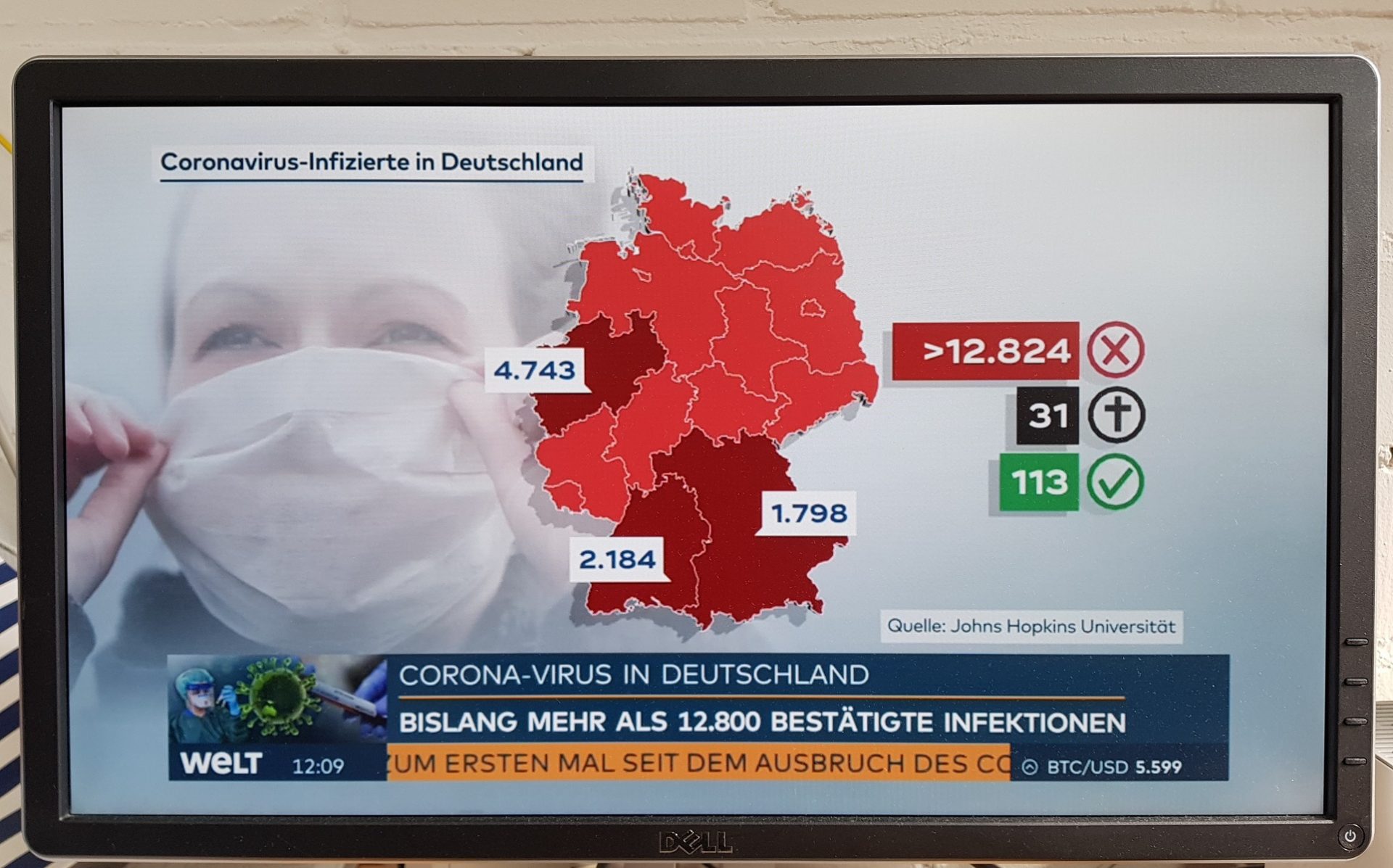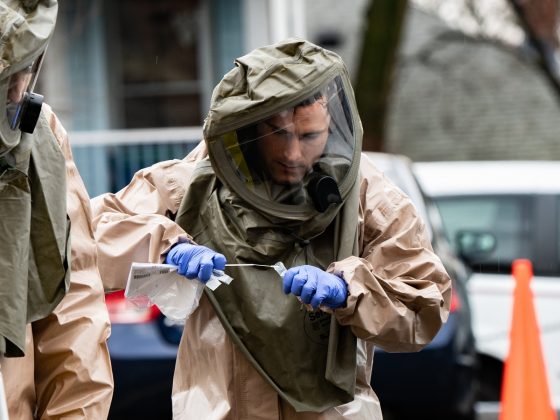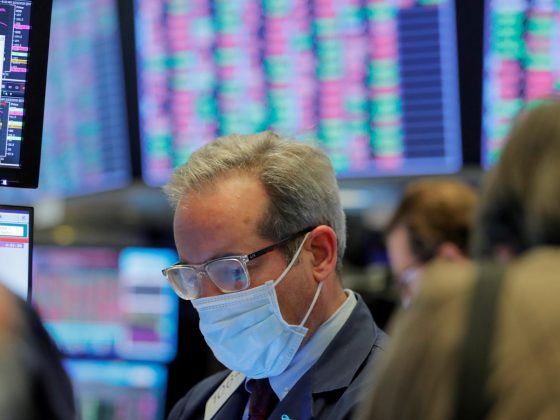As the coronavirus pandemic advances globally, it is fair to think that no one in the world will be exempt from its economic impact.
Just as the development of the global capability to contain the coronavirus pandemic is uncertain, so is the economic forecast, but it is estimated that COVID-19’s effect on the world’s economy will surpass a $1 trillion loss in 2020.
Suddenly, the fear of appalling economic damage becomes stronger than the anxiety over harm to health. Job losses are paralyzing many people, and the threat takes new forms on a daily basis.
Undoubtedly, common citizens who depend on an average monthly income, who need to put food on the table for a number of family members, and whose partners are also obliged to stay home to care for children, are faced with a frightening new reality. The long lines to purchase such items as toilet paper under directives that caution them to stay away from crowds causes them to fear for their lives, ponder their destiny and the paralyzing uncertainty of the unknown.
“By treating the other well, in mutual responsibility and consideration, we begin to uncover the complete and eternal nature in which we live; a fearless life, free of pressure, a long, healthy and beautiful life on earth.”
Business owners, large and small, are in grave danger. Suddenly, their accounts plummet toward deficits and their routines are shattered. Customers, suppliers and orders have come to a halt, and nobody knows if, when and to what extent they will return. No one owes these business owners anything. Who will take care of them? Who can ensure that the virus will be stricken from the earth tomorrow and that life will return to normalcy?
Human society is disintegrating and falling from our sanitized hands. For years we have made a living off of one another and suddenly in one swish everything has become frozen and neutralized. The threat brought about by the coronavirus covers all economic spheres, but the strongest hit was to the tourism sector. There are no flights, no hotels, no open restaurants—a tourism industry death sentence.
Therefore, the cries of misfortune and despair surfacing with each new limitation and subsequent new level of severity stemming from the pandemic are understandable. However, we can also find solace in the fact that humanity is looking at itself in the mirror, discovering that it created a dysfunctional society awash with exaggerated self-importance. Now, with a paralyzed economy, we have the sharp taste of the spoiled fruits of our long-standing egotistic behavior, and we must decide on how we view our situation.
Thus, this is a blessed moment for national and global soul searching. It is a time to ask about what nature wants of us. Why were we given life? Was it merely to somehow find a way to survive on this planet? What have we achieved? In the first thirty years of our lives, we went through our primary, secondary and tertiary levels of education. We traveled the world and spent another decade building a family, took on the Sisyphean toil of purchasing a home, a car and raising children.
What is next? We were thrown into a whirlpool from which it is difficult to extricate ourselves. We are in a modern form of slavery, locked in golden cages, and enclosed in social networks. Now, suddenly, isolated from everything by the coronavirus, we have an opportunity to make a change. We just need to figure out how we fell into this global inconvenience in order to know how to make the best of it.
This is the positive aspect of the coronavirus. It helps to elucidate the comprehensive system in which we live, the system of nature, which is all about interdependence, where every part supports another. The exception is the human being, who we know is ready to destroy everything to overrun and conquer just as long as he feels good. He does not want to integrate with the interconnected and interdependent laws of nature.
So along comes the coronavirus and breaks down the anti-integrative edifice we have created in human society. It will force a fresh examination of the order of life and the understanding that if we continue to act savagely, as narrow-minded egoists, and not behave according to our bodies’ needs—just like any other animal or plant in nature—we will only harm ourselves and our environment. This human “exception” is the one that we need to balance today, in order to connect with the integrative system of nature so that we can be happy and satisfied with our lives.
Nature programmed bringing us to this critical adjustment. Let us then anticipate an antidote to the virus, open our ears to the messages of the Kabbalists and what is written in the books of Kabbalah: that we live in a world that is all good, and that it is us, human beings, in our egoistic, selfish relations that knock it off balance.
By treating the other well, in mutual responsibility and consideration, we begin to uncover the complete and eternal nature in which we live; a fearless life, free of pressure, a long, healthy and beautiful life on earth.











